Sustainable Balkans
Smart Cities Need Systems, Not Just Technology: Lessons from “Smart Engineering for Urban Development”
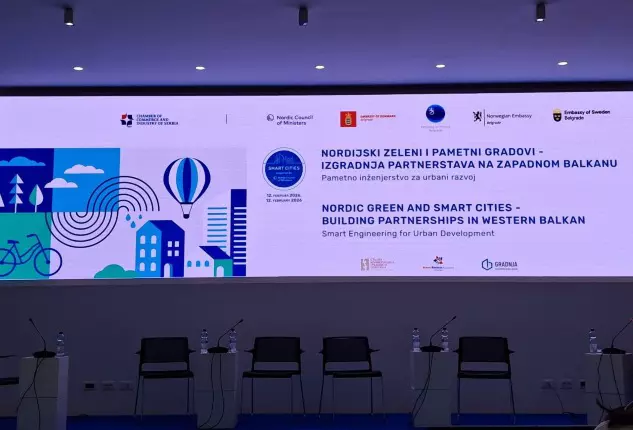
The Smart Engineering for Urban Development conference in Belgrade brought together experts from Serbia and Nordic countries to discuss how Western Balkan cities can move beyond isolated smart city projects toward systemic urban transformation. The discussions highlighted that sustainable and smart urban development depends not only on technology, but on governance, planning, financing and cross-sector cooperation.
Read MoreSmart Cities Need Systems, Not Just Technology: Lessons from “Smart Engineering for Urban Development”Sarajevo Energy Forum 2026: Practical Conversations on the Region’s Energy Transition
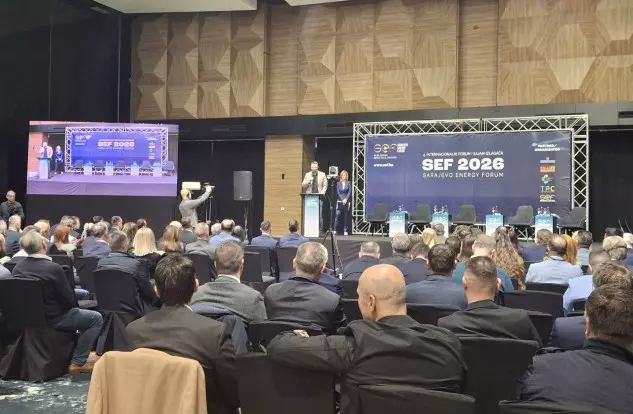
Sarajevo Energy Forum 2026 brought together energy sector leaders, policymakers, and companies to discuss renewable energy investment, market reform, and energy transition in the Western Balkans. The forum addressed grid modernization, digitalization, energy security, and EU climate alignment challenges shaping the region’s energy future
Read MoreSarajevo Energy Forum 2026: Practical Conversations on the Region’s Energy TransitionFrom Waste to Wealth: School Composting Projects as a Path to Healthy Soil and Ecological Awareness
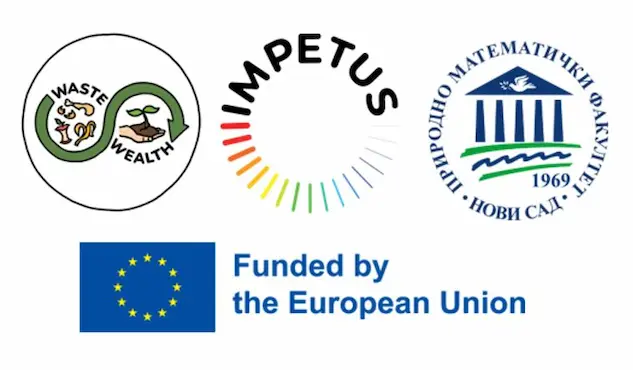
This article examines how school composting projects can address organic waste challenges while enhancing soil health and promoting environmental literacy. Based on an EU-funded citizen science initiative in Serbia, it shows how schools can become living laboratories for sustainability. The project demonstrates how education, science, and circular practices can work together at the local level.
Read MoreFrom Waste to Wealth: School Composting Projects as a Path to Healthy Soil and Ecological AwarenessAir Pollution in Serbian Cities: Sources, Health Risks, and Ways to Improve Urban Air Quality
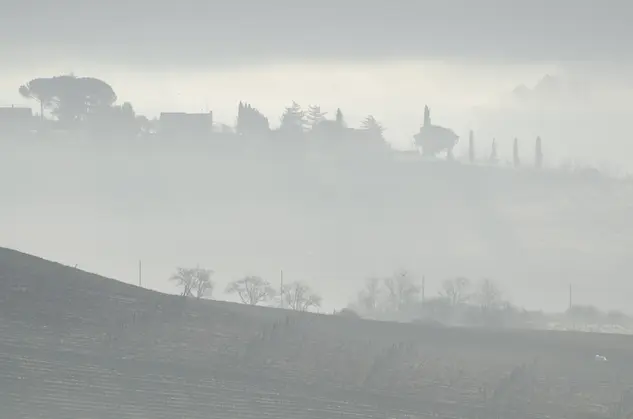
This article examines air pollution in Serbian cities with a focus on changes in pollutant composition, dominant emission sources, and associated health risks. Using examples from major urban centers, it highlights how particulate matter, nitrogen dioxide, sulfur dioxide, and ground-level ozone interact to create complex urban air pollution patterns. The paper also outlines policy-relevant pathways for restoring urban air quality through energy transition, sustainable transport, and integrated environmental monitoring.
Read MoreAir Pollution in Serbian Cities: Sources, Health Risks, and Ways to Improve Urban Air QualityThe Western Balkans ESG Conference 2025: From Regulation to Culture in a Region Under Climate Stress
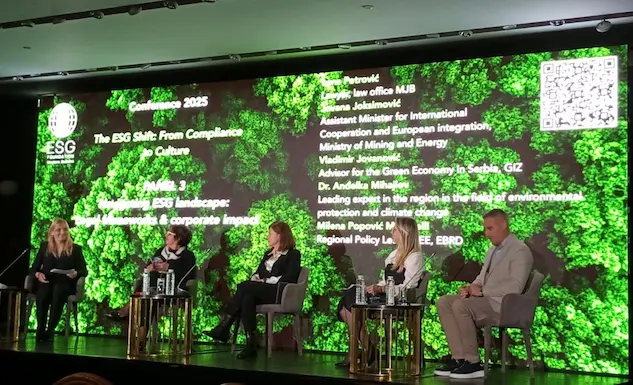
The Western Balkans ESG Conference 2025 convened regional leaders to assess how climate stress, regulation, and generational change are reshaping corporate sustainability. Discussions highlighted water security, data governance, financing barriers, and the importance of ESG literacy across institutions. The event underscored a clear shift: ESG is evolving from a compliance obligation into a cultural and strategic transformation for the region.
Read MoreThe Western Balkans ESG Conference 2025: From Regulation to Culture in a Region Under Climate StressSEE ENERGY 2025: Driving the Western Balkans Toward a Resilient Energy Future
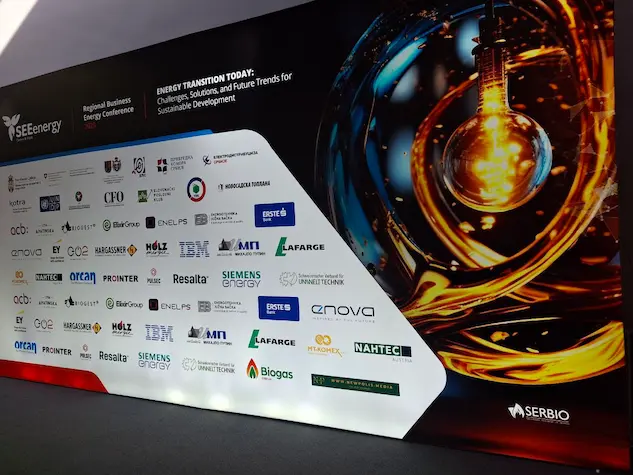
The Western Balkans’ path toward a cleaner, more resilient, and competitive energy future took the spotlight at SEE ENERGY 2025 – Connect & Supply, held in Novi Sad (28–29 October 2025). The two-day international forum brought together more than 350…
Sustainable Development Forum 2025: Competitiveness in Turbulent Times
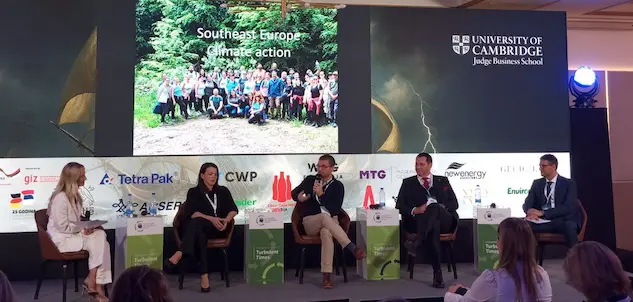
The Sustainable Development Forum 2025 brought together diplomats, academics, and business leaders to explore how nations and companies can stay competitive amid global instability. Over two days, discussions ranged from trade resilience and energy transitions to AI-driven sustainability and green jobs for youth, reaffirming the Forum’s mission to bridge policy, innovation, and business for a more sustainable future.
Read MoreSustainable Development Forum 2025: Competitiveness in Turbulent TimesUrban Sustainability in North Macedonia: Green Cities and Smart Solutions

This feature explores urban sustainability in North Macedonia, where technology, civic action, and innovation are transforming cities like Skopje and Kumanovo. From smart mobility and digital transparency to grassroots clean-up movements and green public spaces, these initiatives illustrate a growing culture of sustainable urban living. Despite challenges, local governments and citizens are shaping a vision of greener, smarter, and more resilient Macedonian cities.
Read MoreUrban Sustainability in North Macedonia: Green Cities and Smart SolutionsTranslating Systemic Intelligence into Urban Renewal – Vlorë, Albania
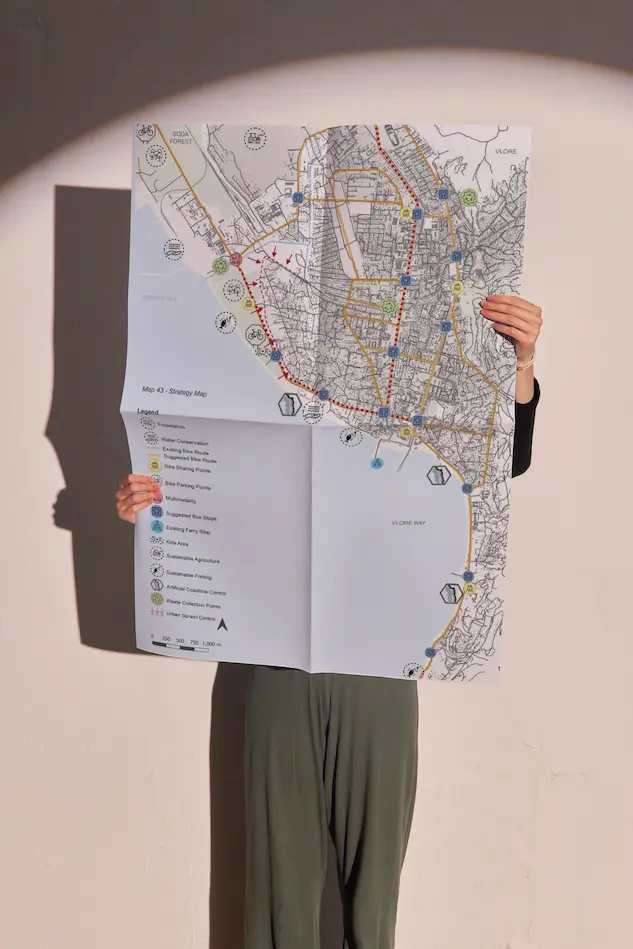
Vlorë, Albania, is redefining urban renewal through systemic intelligence — integrating data, design, and ecology into one adaptive framework. Guided by the IMM methodology and a cross-institutional collaboration, the city turns complexity into clarity, reconnecting people and nature. This case demonstrates how systemic intelligence transforms planning into a living process of regeneration.
Read MoreTranslating Systemic Intelligence into Urban Renewal – Vlorë, AlbaniaGIS in Serbia: A Policy Tool for Smart Cities and Sustainable Development
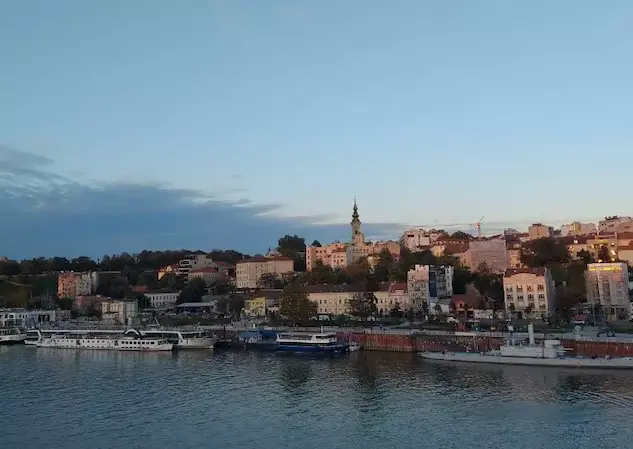
GIS in Serbia is becoming a crucial tool for sustainable urban planning and evidence-based governance. By integrating spatial data, policymakers can monitor environmental quality, improve resource allocation, and enhance transparency. Case studies from Pančevo, Belgrade, and Novi Sad show how GIS supports pollution management, citizen participation, and energy transition. With proper investment in data infrastructure and skills, Serbian cities can align with European sustainability goals while ensuring healthier communities.
Read MoreGIS in Serbia: A Policy Tool for Smart Cities and Sustainable Development